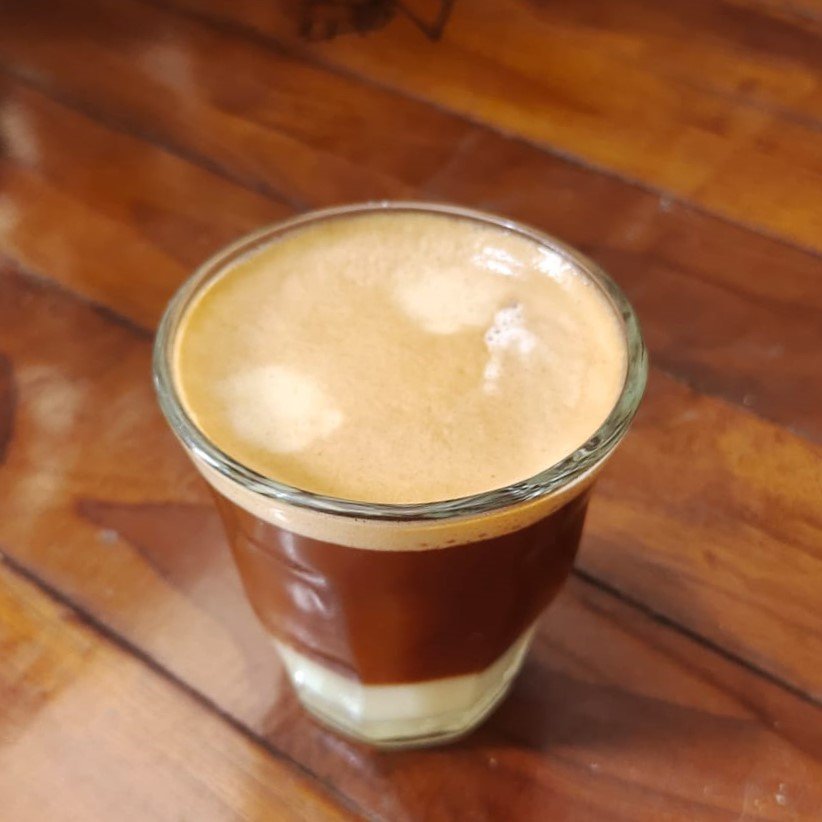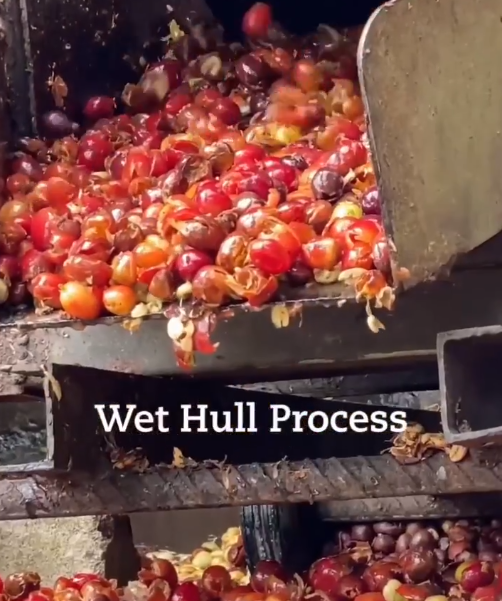Coffee lovers know that their favorite beverage is cherished for its delightful aroma and unique taste. Freshly picked coffee beans already carry their inherent flavors, but it is the roasting process that brings out and enhances their character and flavor profiles. Through roasting, coffee beans can develop distinctive tastes like caramel, fruity notes, and even floral nuances.
However, these qualities do not last forever. Like any other organic product, coffee has a shelf life. Its aroma fades, and its flavor diminishes if the beans are exposed to open air for too long. This is why many experts recommend brewing coffee within a specific time frame to ensure optimal flavor and avoiding its use past a certain point.
How Long Can Coffee Beans Be Stored?
Coffee is not meant to be stored for months or even years. Ideally, it should be consumed within a month to maintain its quality and flavor. Baristas in coffee shops are well aware of this, but what about those of you who want to brew coffee at home? Do you know how to determine if coffee beans are still fresh?
Here’s how you can identify fresh coffee beans:
1. Shiny Coffee Beans
Roasted coffee beans range from light brown to dark brown because the moisture inside the beans evaporates during the roasting process. Simultaneously, the beans release oil-like substances, giving them a shiny appearance. Over time, if the beans are exposed to open air, this shine fades, and the beans appear less oily.
2. Check for Residue
Coffee beans packaged within two days of roasting are generally fresh. This makes it difficult to spot residue, as freshly roasted beans are mostly free from it.
If you want to check freshness in-store, you don’t need to open the packaging. Instead, look at the bottom of the bag to see if there are fine coffee crumbs, known as coffee bean residue.
After purchasing and storing beans at home for a few days, you can check for freshness by examining the residue. Simply grab a handful of beans, and then look at your palm. Do you see any residue left behind?
3. Check the Air Valve on Sealed Bags
When purchasing fresh coffee beans from a coffee shop, look for packaging with a one-way air valve, also known as an air vent.
Why is this important?
The air valve serves as a channel for releasing CO2 from freshly roasted coffee beans. This CO2 is naturally emitted after the roasting process and continues to be released for several days or even weeks during the degassing phase.
Fresh coffee beans should be stored in packaging equipped with an air valve to allow CO2 to escape. Without this outlet, the trapped CO2 can negatively impact the quality of the coffee beans.
4. Check Freshness in Bulk Purchases Using Resealable Bags
If you purchase coffee beans in bulk that don’t come in smaller sealed packages, you can still test their freshness with a resealable bag.
Here’s how:
- Place a small amount of coffee beans into a resealable bag.
- Press the air out of the bag completely, ensuring it’s flat and air-tight.
- Leave the bag overnight.
The Result:
- If the bag expands the next day, degassing is still occurring, meaning the beans were roasted within the past 14 days and are still fresh.
- If the bag remains flat and does not inflate, the beans have lost their freshness.







